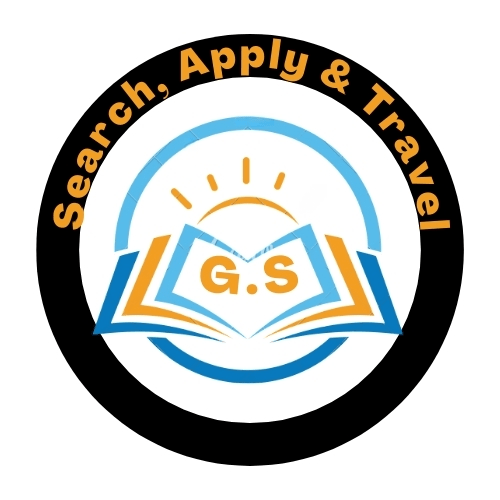Education is just one of the areas that Artificial Intelligence (AI) is quickly changing. Artificial Intelligence is finding its way into a lot of educational products, providing creative ways to improve student outcomes, tailor learning, and improve teaching. Let’s examine some of the ways artificial intelligence is transforming teaching resources.
Personalized Learning
To provide individualized learning experiences, artificial intelligence (AI) algorithms may examine enormous volumes of student data, including academic records, learning preferences, and hobbies. With the use of artificial intelligence (AI), adaptive learning systems may modify the speed and level of difficulty of training to suit the needs of each individual student. This allows for targeted assistance and makes sure that each student is challenged to the right degree.
Intelligent Tutoring Systems
Intelligent tutoring systems (ITS) with AI capabilities may offer personalized feedback, direction, and assistance to pupils. These tools are able to provide information, pinpoint areas of ignorance, and provide tailored learning tasks. Students who prefer a self-paced learning setting or who do not have access to traditional one-on-one coaching may find that ITS is very helpful.
Automated Grading and Feedback
AI can grade essays, multiple-choice questions, and even coding projects automatically, giving teachers more time to concentrate on giving more individualized comments and assistance. AI is also capable of analyzing student work to find trends and typical mistakes so that teachers may adjust their lesson plans.
Accessibility and Inclusion
Students with impairments may find education more accessible thanks to AI-powered solutions. For instance, text-to-speech and speech-to-text programs can benefit students who struggle with writing and those who are visually impaired. AI may also be used to translate instructional content into other languages, increasing diversity in the classroom and fostering inclusivity among pupils.
Chatbots and Virtual Assistants
Chatbots and virtual assistants driven by AI may provide students round-the-clock assistance by responding to inquiries, giving instructions, and giving advice. Students may also benefit from these virtual assistants by tracking their progress, staying organized, and using their time wisely.
Learning Analytics
AI may be used to gather, examine, and present educational data, offering insightful information on student performance, trends in learning, and patterns within the school. These realizations can help with resource allocation, decision-making, and instructional methodology enhancement.
The Future of AI in Education
Though its use in the field of education is still in its infancy, artificial intelligence has enormous promise. We may anticipate seeing even more cutting-edge AI-powered educational solutions that will increase accessibility, better customize learning, and boost student results as AI research moves further. Artificial Intelligence has the potential to completely transform education, improving its efficacy, equity, and appeal to all students.




